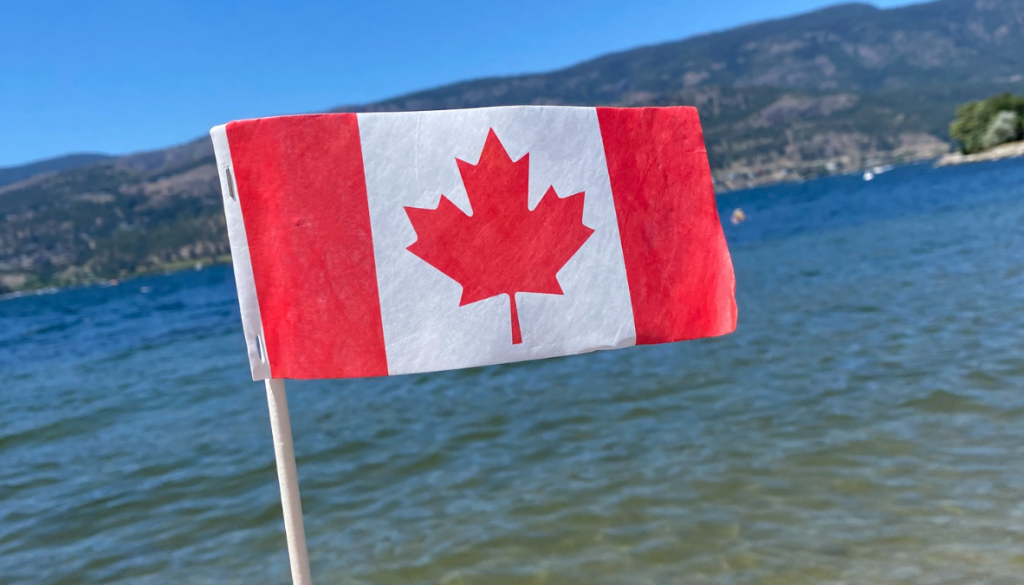British vs. Canadian English: A Fun Guide for Brits in Canada
As a Brit navigating life in Canada, I’ve quickly realized that while we both speak English, sometimes it feels like we’re speaking different languages! From quirky vocabulary to unique expressions, here’s a playful look at how British and Canadian English differ.

Before diving into the word comparison table, let’s explore some of the broader differences that make Canadian English unique. Canada’s language is a delightful blend of British and American influences, with its own distinct flair. For instance, Canadians often use British spellings like “colour” and “centre,” but they also embrace American terms such as “apartment” and “truck.” This fusion creates a charming linguistic landscape that’s both familiar and refreshingly different.
| British English | Canadian English |
|---|---|
| Biscuit | Cookie |
| Boot (of a car) | Trunk |
| Bonnet (of a car) | Hood |
| Flat | Apartment |
| Lift | Elevator |
| Lorry | Truck |
| Crisps | Chips |
| Sweets | Candy |
| Trousers | Pants |
| Rubbish | Garbage |
Canadianisms: Words You Won’t Find in the UK
Canada has a rich tapestry of unique expressions and terms:
- Loonie & Toonie: Refers to the $1 and $2 coins, respectively.
- Toque: A knitted winter hat, commonly known as a beanie in the UK.
- Chesterfield: An old-fashioned term for a couch or sofa.
- Runners: Athletic shoes, similar to ‘trainers’ in the UK.
- Washroom: The polite term for a toilet or restroom.
- Poutine: A Canadian dish made of fries topped with cheese curds and gravy.
- Double-double: A coffee with two creams and two sugars, popularized by Tim Hortons.
Pronunciation Pitfalls
Even the way we pronounce words can differ:
- Z: In the UK, it’s pronounced “zed”; in Canada, it’s “zee”.
- Schedule: Brits often say “shed-yool”, while Canadians might say “sked-yool”.
- Tomato: The classic debate continues—”to-mah-to” vs. “to-may-to”.

Fun Facts for Brits in Canada
- “Eh?”: A quintessential Canadian expression used at the end of a sentence to seek agreement or confirmation. For example, “Nice weather, eh?”
- “Kerfuffle”: A British word meaning a commotion or fuss, also commonly used in Canada.
- “Snowbirds”: Canadians who migrate to warmer places during the winter months.
Final Thoughts
While British and Canadian English have their differences, the beauty lies in the diversity of language. Embracing these quirks not only enriches your vocabulary but also helps you connect more deeply with Canadian culture.
So, next time you’re in Canada, don’t forget your toque, grab a double-double, and enjoy the unique blend of British and Canadian expressions around you!

